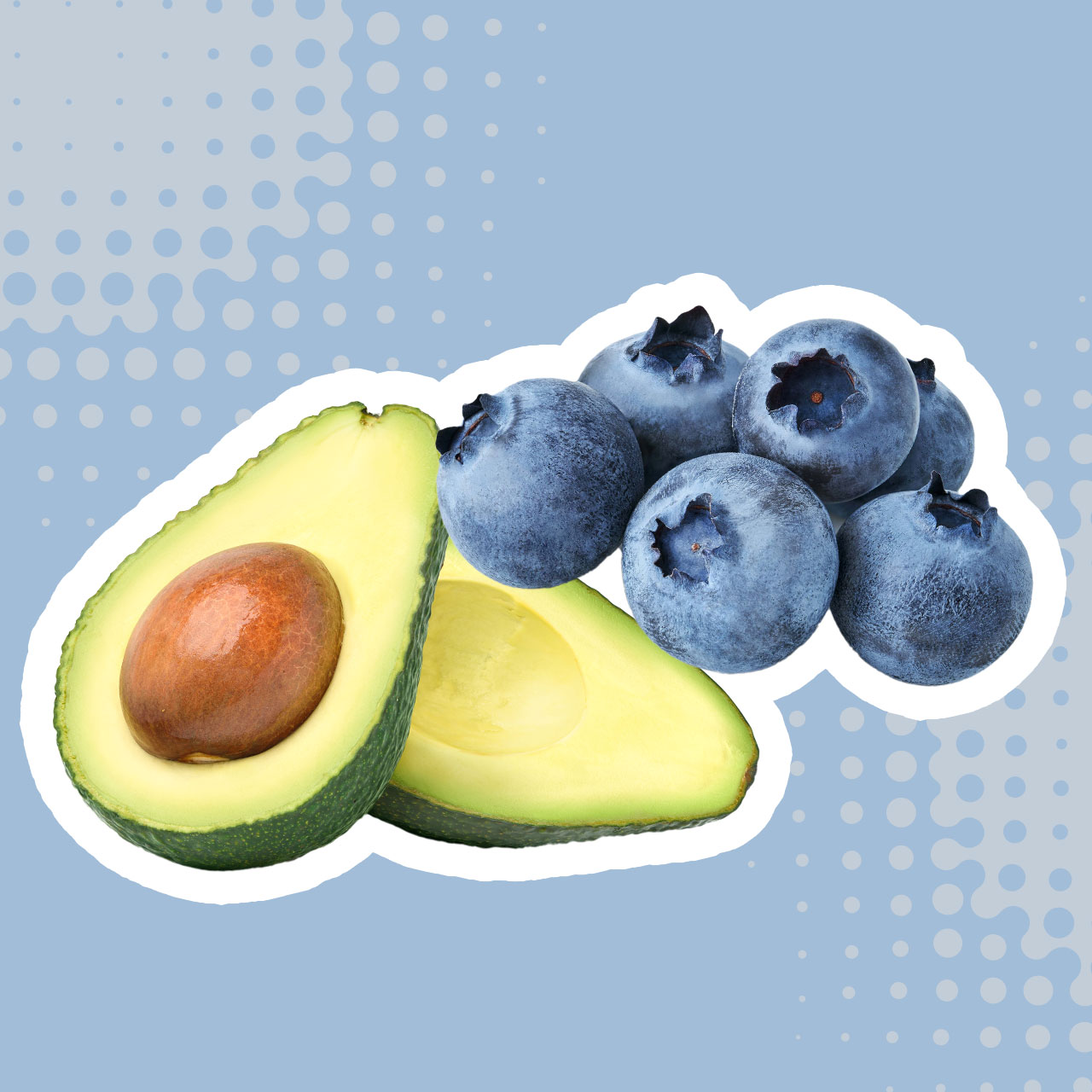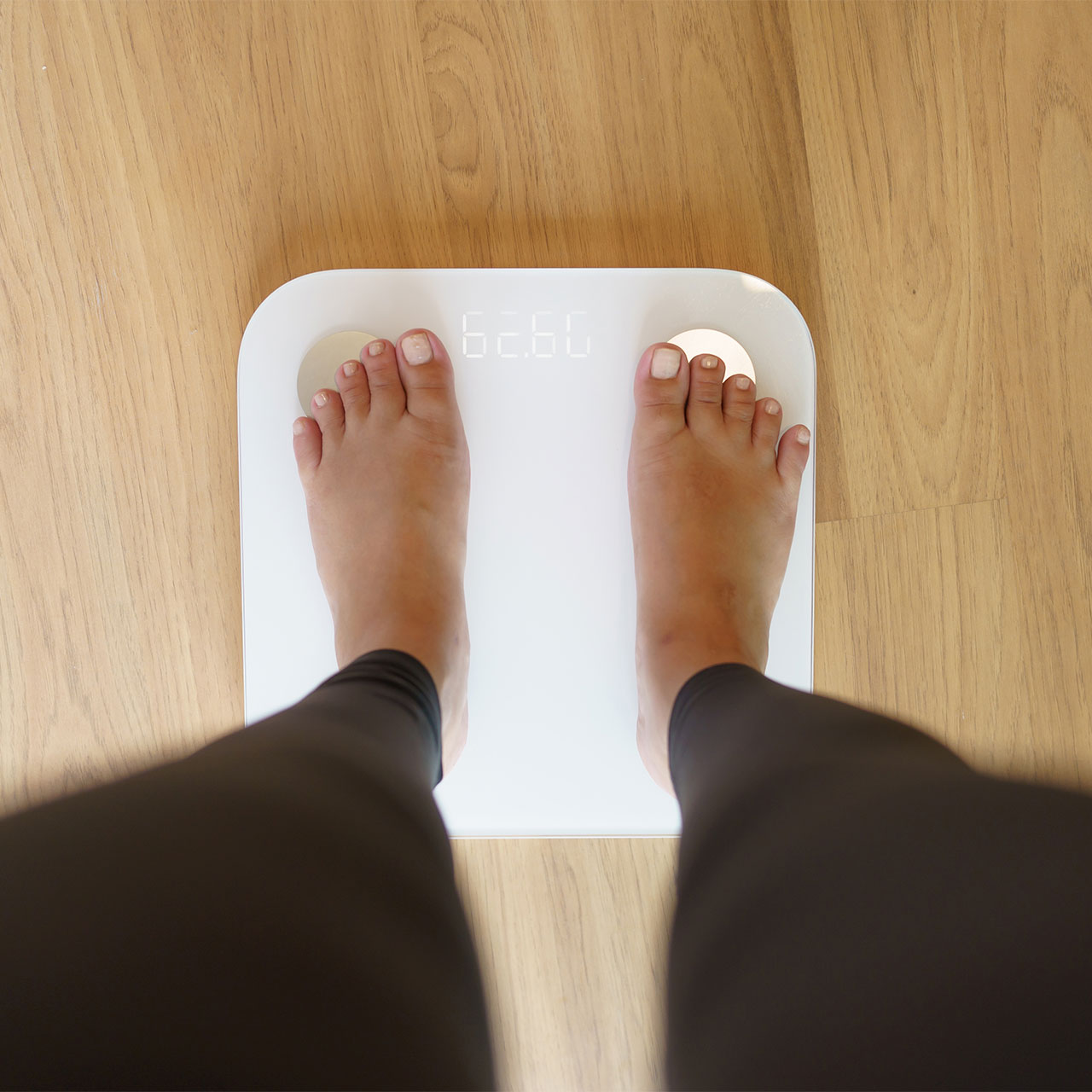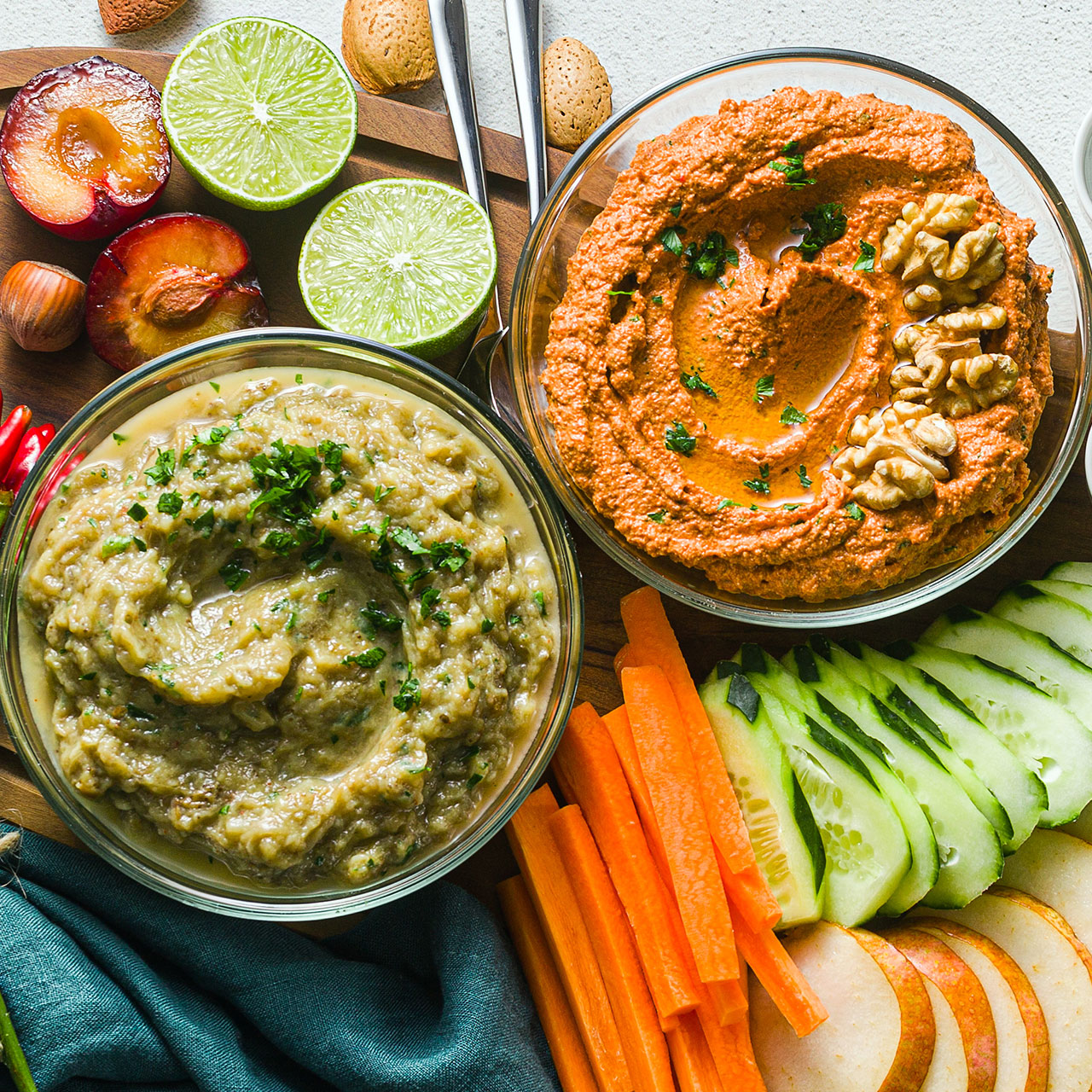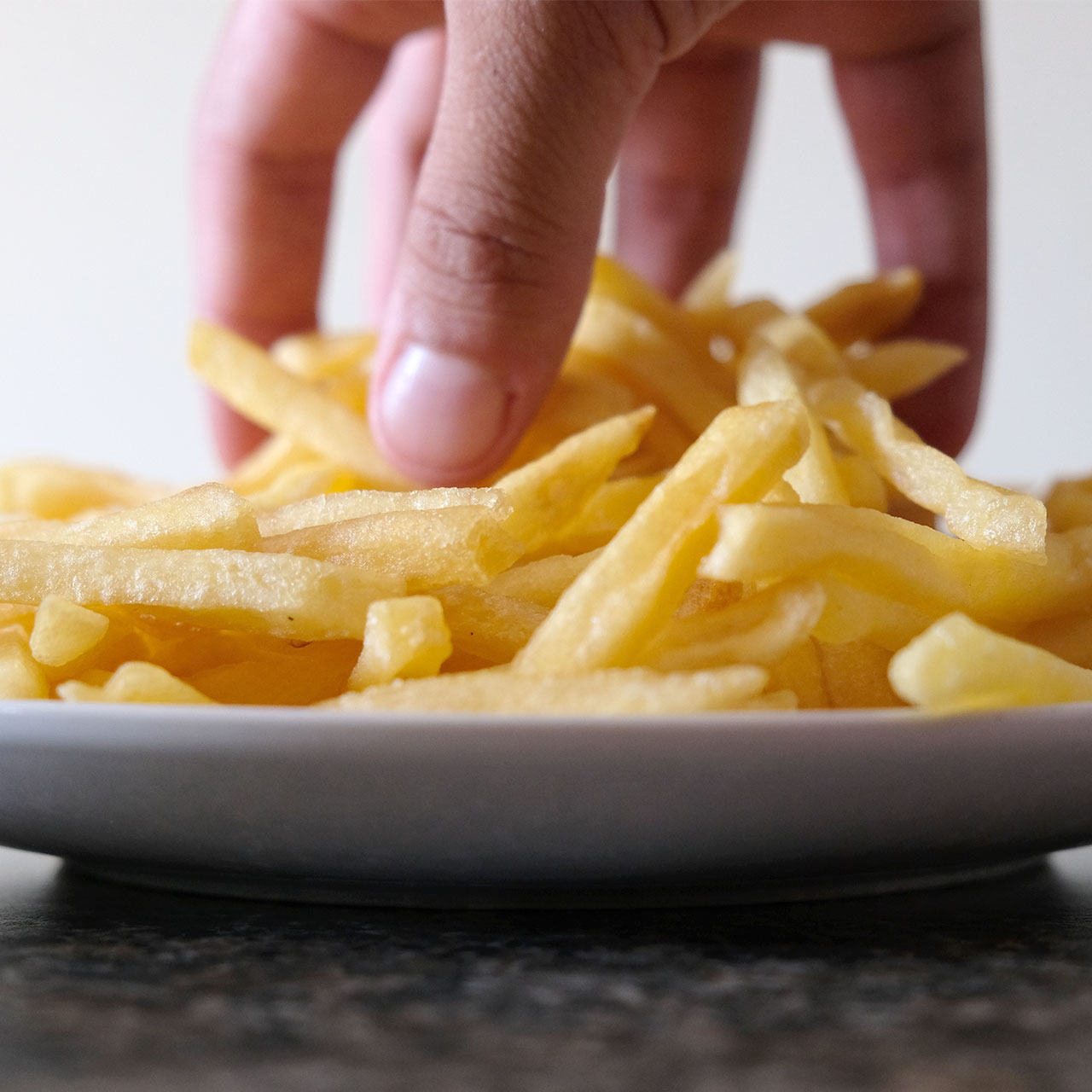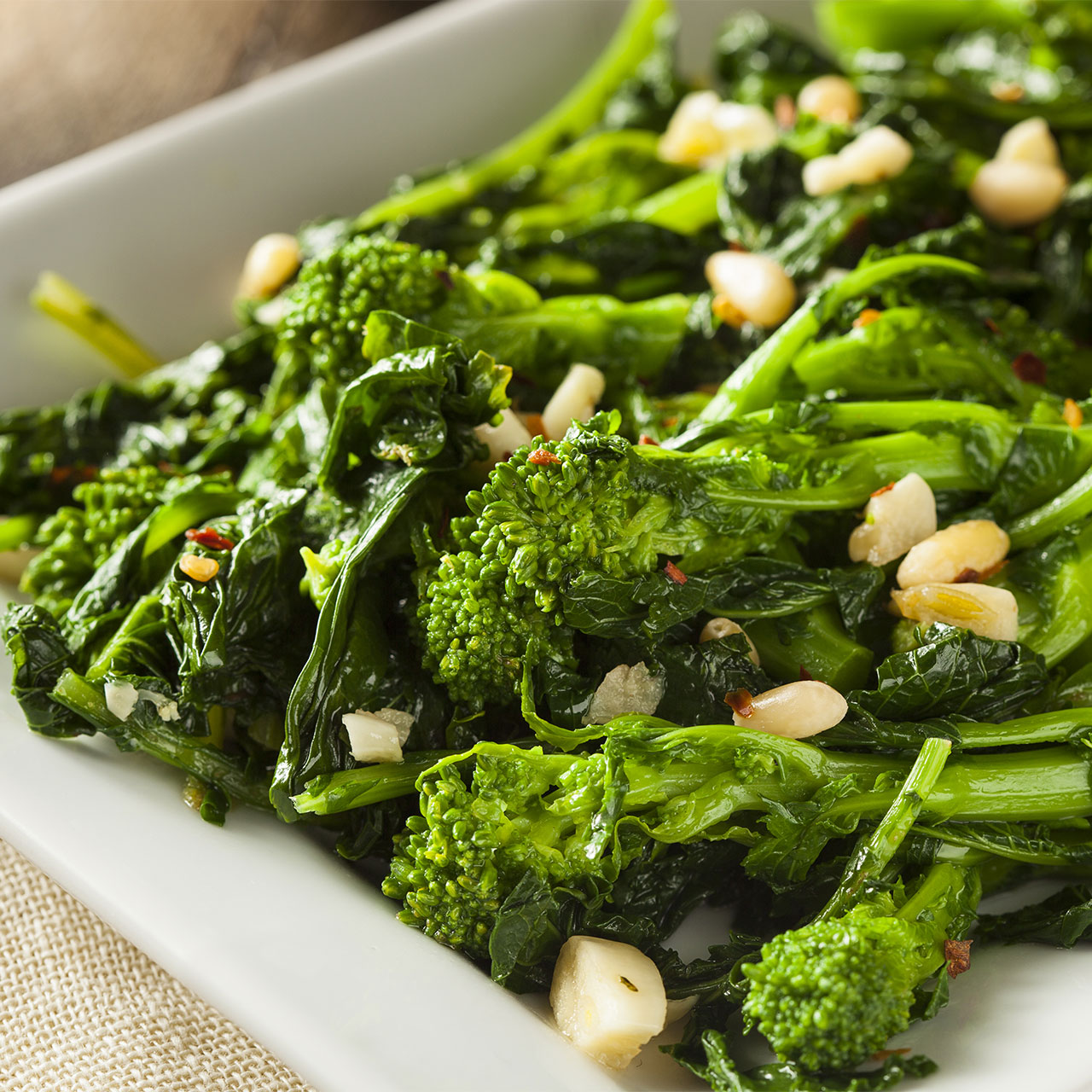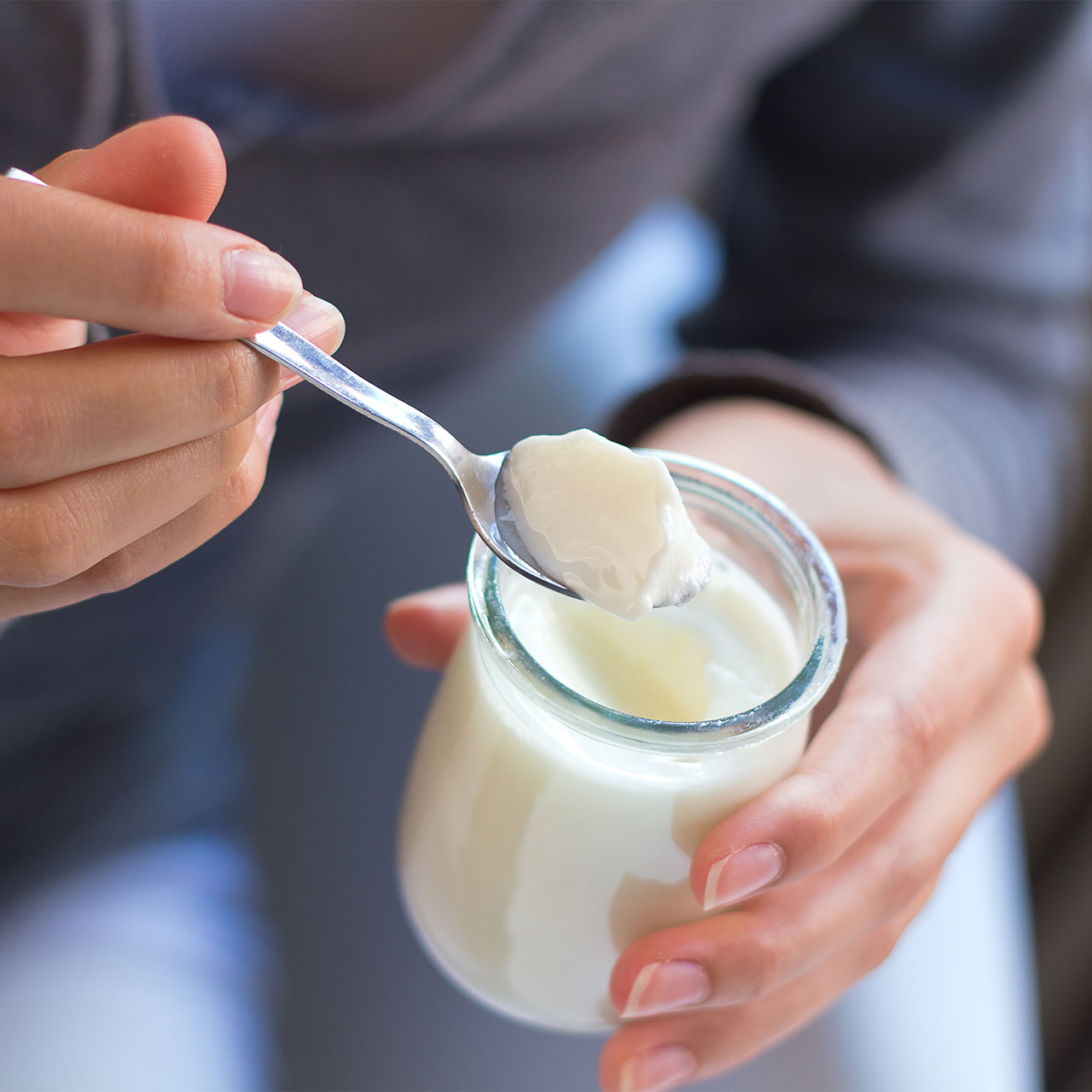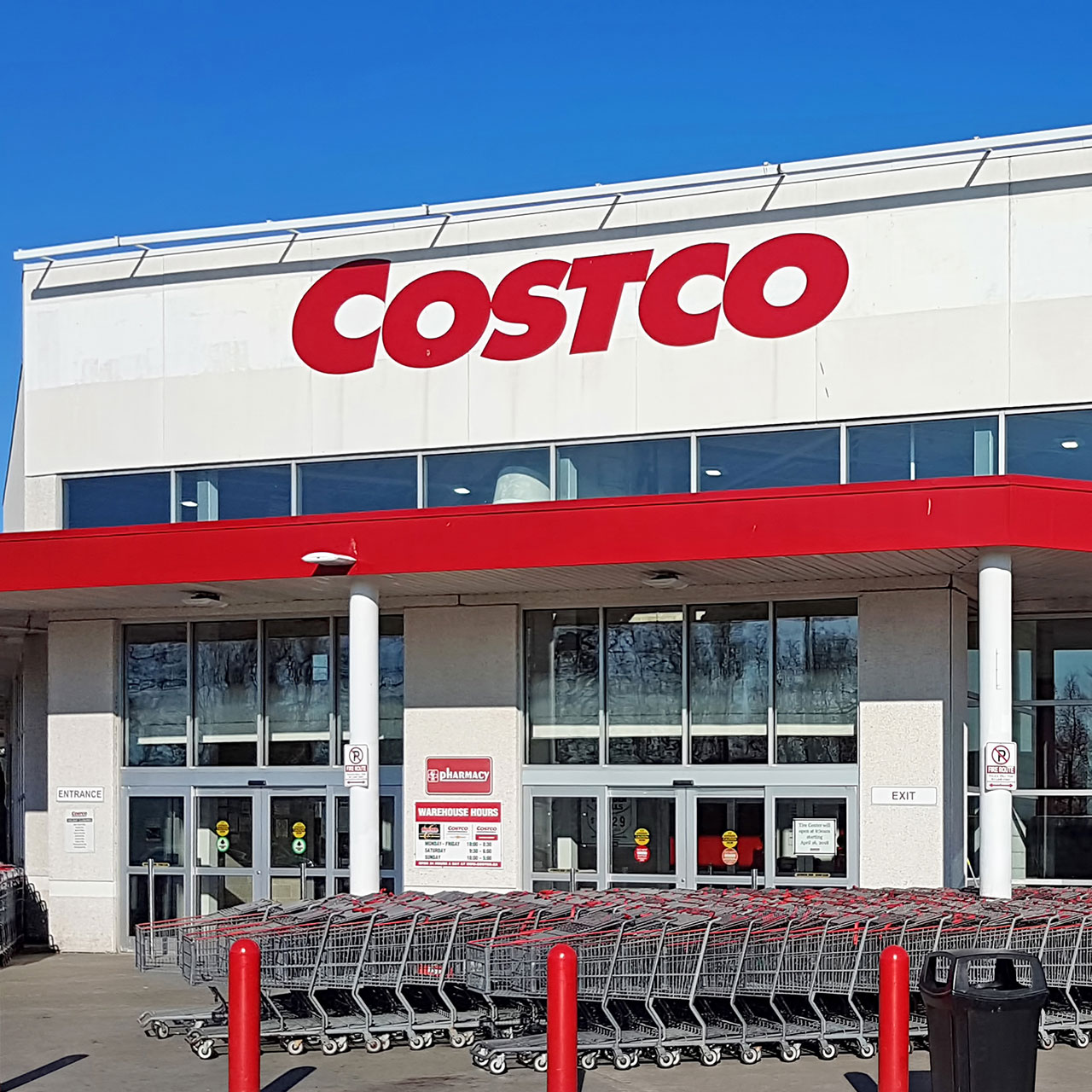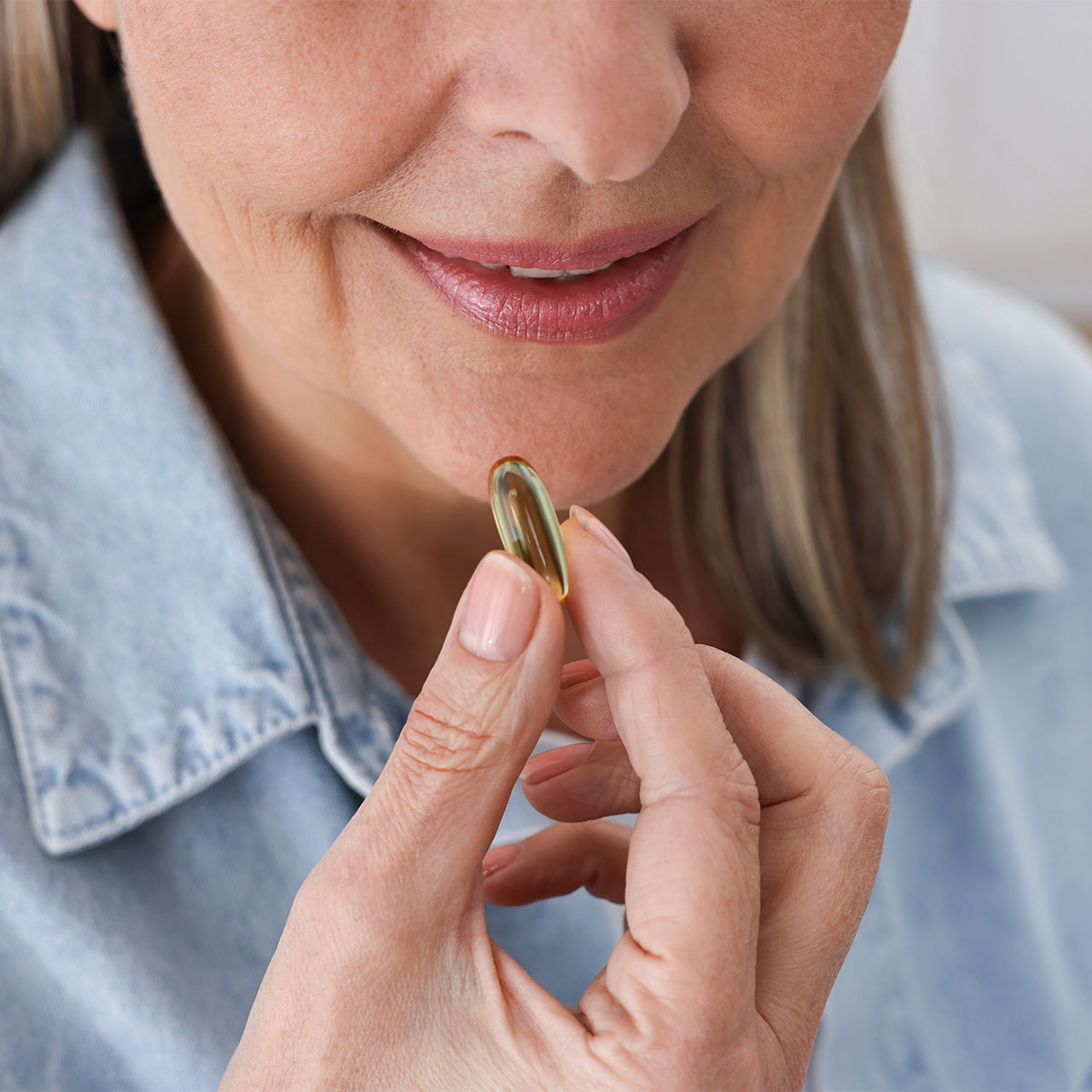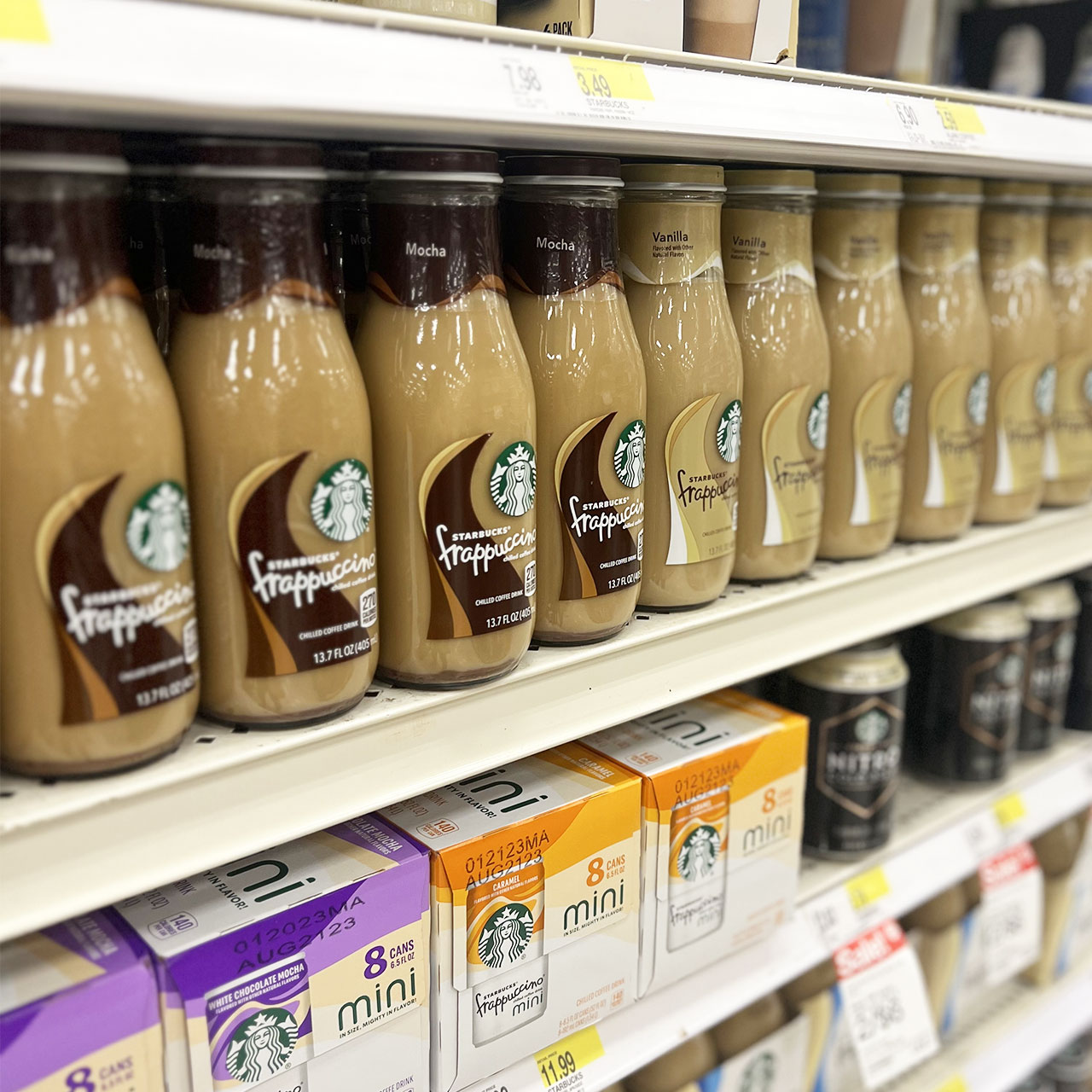Let’s talk about carbs and weight loss, because it’s something a lot of us wonder about. We all know that carbs are a big deal when it comes to losing weight, but it’s not always clear how many we should be eating. I mean, carbs are in pretty much everything we love to eat – from pasta and bread to fruits and veggies. And let’s not forget about sneaky hidden carbs in sauces and snacks.
To figure out how many carbs we should actually be eating to boost weight loss, we talked to Catherine Gervacio, registered dietitian and a certified exercise nutrition coach with Living.Fit. She revealed that many things have to be taken into consideration because “the amount of carbs for weight loss is different for each individual.” Read on to find out why.

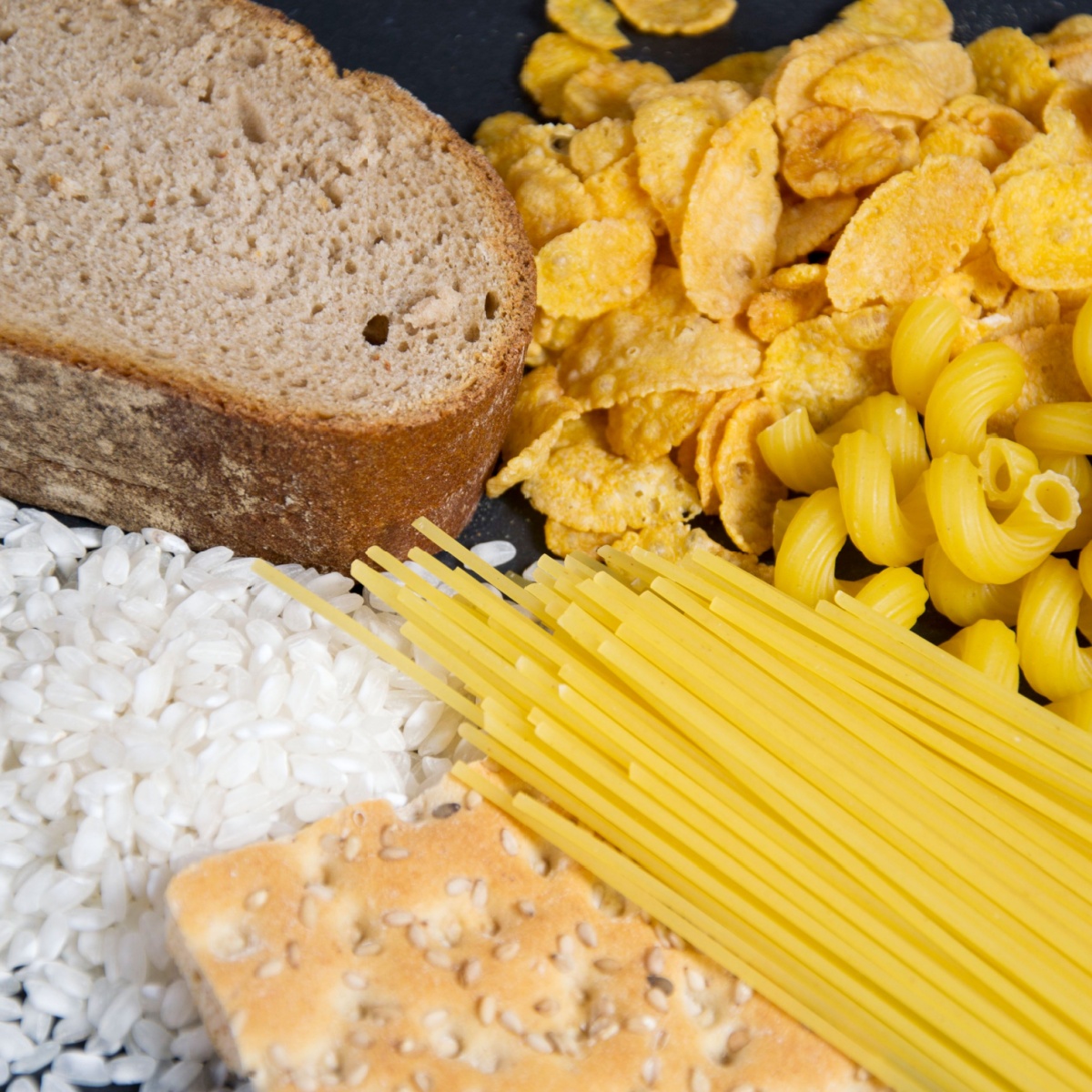
How Much Carb Should You Eat For Weight Loss? An Expert Weighs In
Gervacio says when determining your carb intake, it's essential to take into account factors like age, gender, weight, activity level, and overall health condition. These details play a crucial role in figuring out how many carbs your body needs to function optimally and support your health goals.
"The general guideline is to achieve a balanced diet where carbohydrates make up about 45-65% of total daily calories. The calories have to be on deficit for weight loss. This means having a caloric allowance lesser than what the body expends through activity," Gervacio says.
She gives us an example, stating, "a person on a 2000-calorie deficit diet needs approximately 225-325 grams of carbohydrates per day. However, there are some individuals who may find success with lower carbohydrate intake, particularly if they have insulin resistance or other metabolic issues." As always, it's important to talk to your doctor about this for accurate details about your health needs.
A common misconception is that cutting carbs is the key to weight loss, but Gervacio clarifies that it's actually reducing your overall calorie intake, not just carbs, that matters.
"Carbohydrates provide energy for daily activities and exercise. When you consume carbohydrates, your body breaks them down into glucose, which is used for immediate energy. The excess amount is stored in the muscles and liver as glycogen or body fat," she says. "So, if you're in a calorie deficit and your body needs more energy than what's available from your diet, it will start using the body's stored fat for fuel. This, then, leads to weight loss," she reveals.
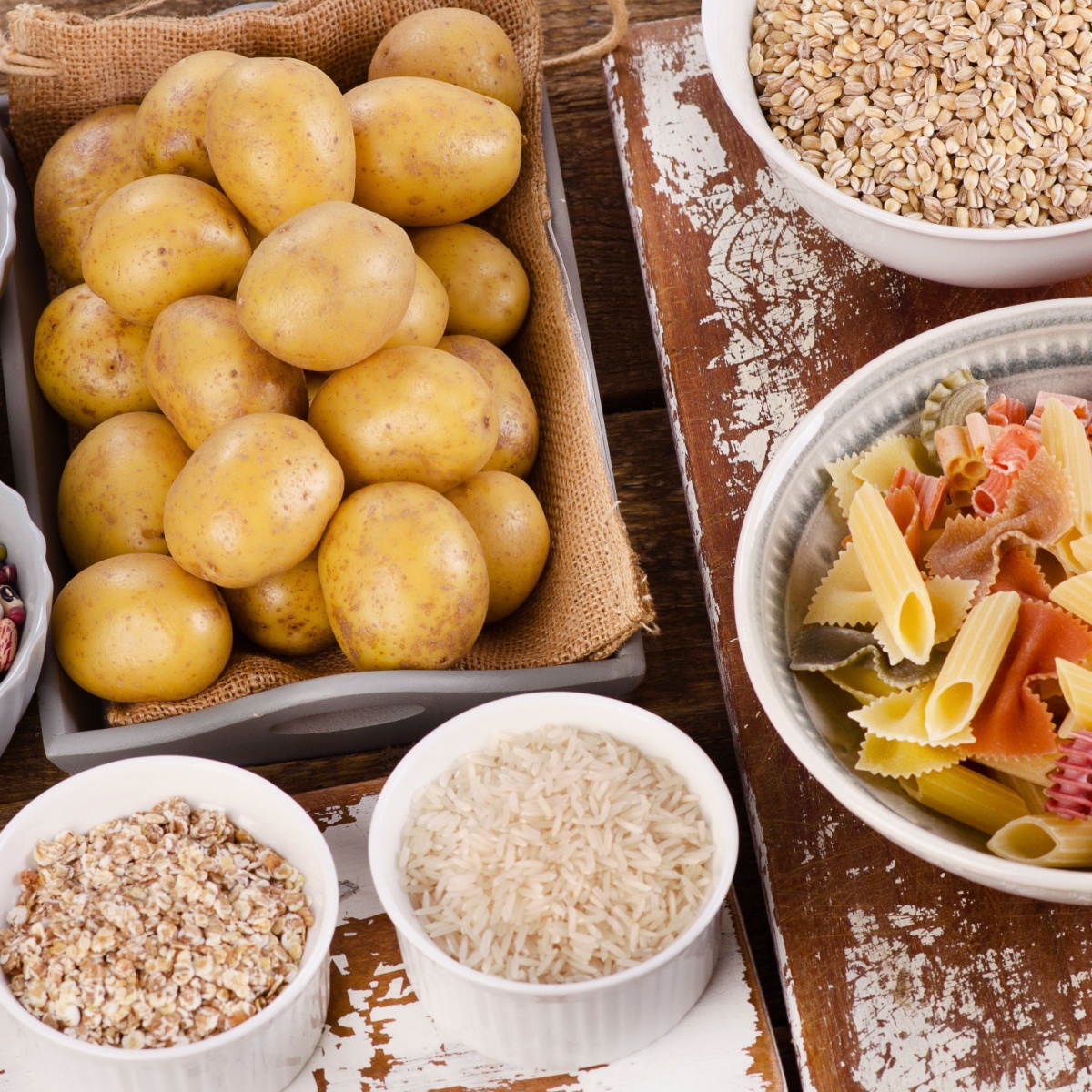
Where To Source Healthy Carbs From
Now that we've understood the significance of carbs in weight loss and determined the appropriate intake, Gervacio directs us towards discovering the best sources of healthy carbohydrates.
"Healthy carbohydrate sources are those rich in fiber like whole grains, fruits, vegetables, and legumes. These foods provide not only carbohydrates and fiber, but also essential nutrients like fiber, vitamins, and minerals. To be more specific, I recommend quinoa, brown rice, oats, sweet potatoes, berries, leafy greens, beans, lentils, or chickpeas," she concludes.



